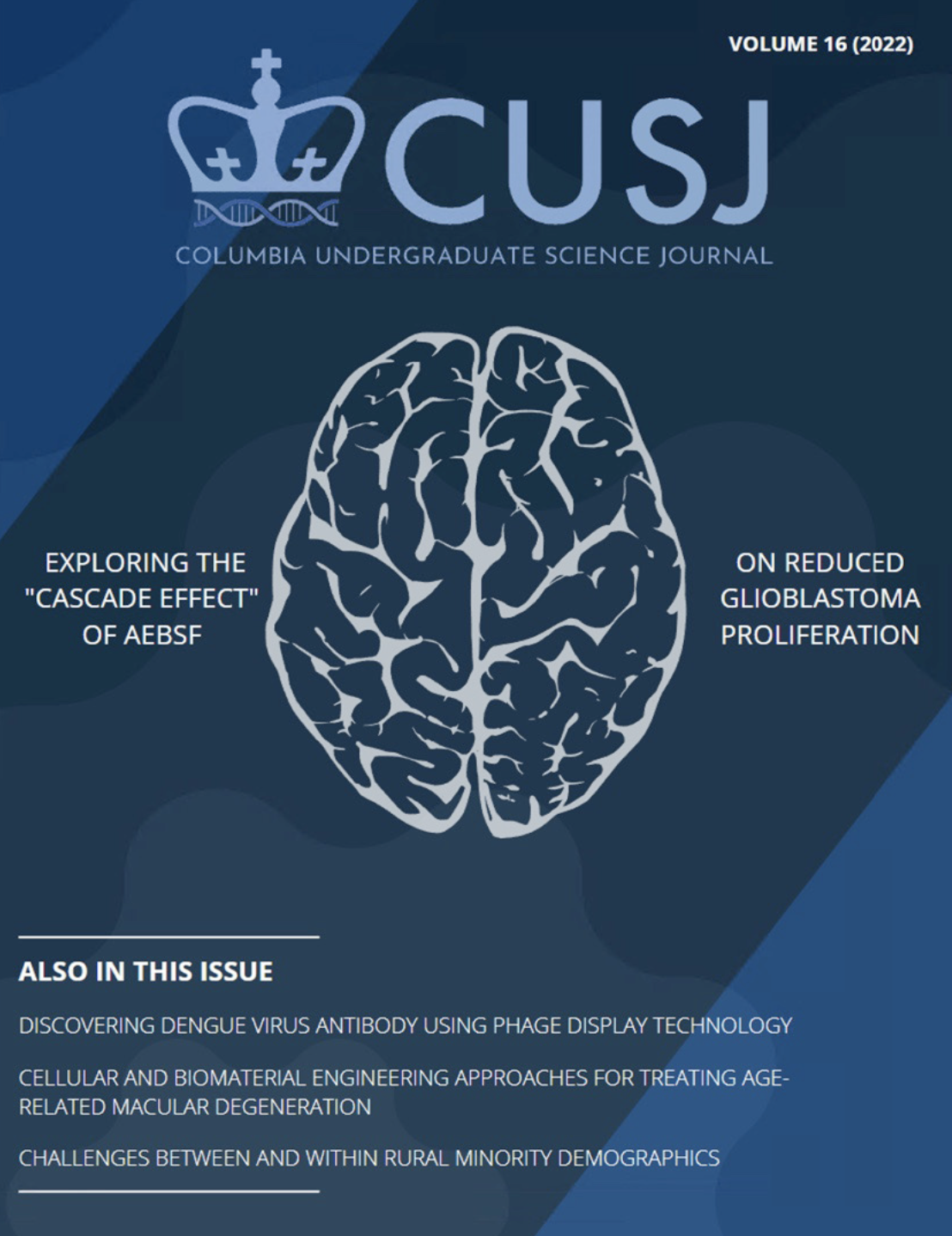Abstract
Dengue virus (DENV) is a type of flavivirus transmitted globally by the Aedes aegypti mosquito and is the causal agent of Dengue fever. Due to global warm-ing and rising temperatures worldwide, the rate of exposure to DENV is now reaching unprecedented levels, with over 400 million people getting infected each year. Despite worldwide attention to DENV, there is not currently an effective treatment or vaccine. Here, we focused on developing an antibody for the NS1 protein of the DENV, which enables earlier detection of disease and could further decrease the rate of death. Our study utilized a method more time-saving and cost-effective than the traditional method of extracting antibodies from the blood or B-cells of infected animals that show immu-nity: Phage Display. This technique allowed us to derive monoclonal antibodies (mAbs) from the genome library and select DENV antibodies that bind to antigen proteins. In this study, we used Phage Display to select ninety-six potential antibodies from three phases of panning, which then went through indirect ELISA screening for optical density (OD) confirmation (OD > 1.5). Sixteen of the high optical density antibodies were sent to a DNA sequencing analysis facility where fifteen of them were revealed to be the same 1G1 strain. By understanding how antibodies are discovered using phage display technology, we hope to advance the field with reevaluation of current vaccines and the development of novel ones.

This work is licensed under a Creative Commons Attribution 4.0 International License.

